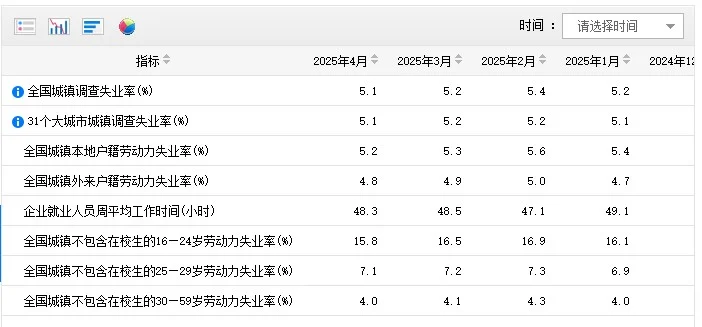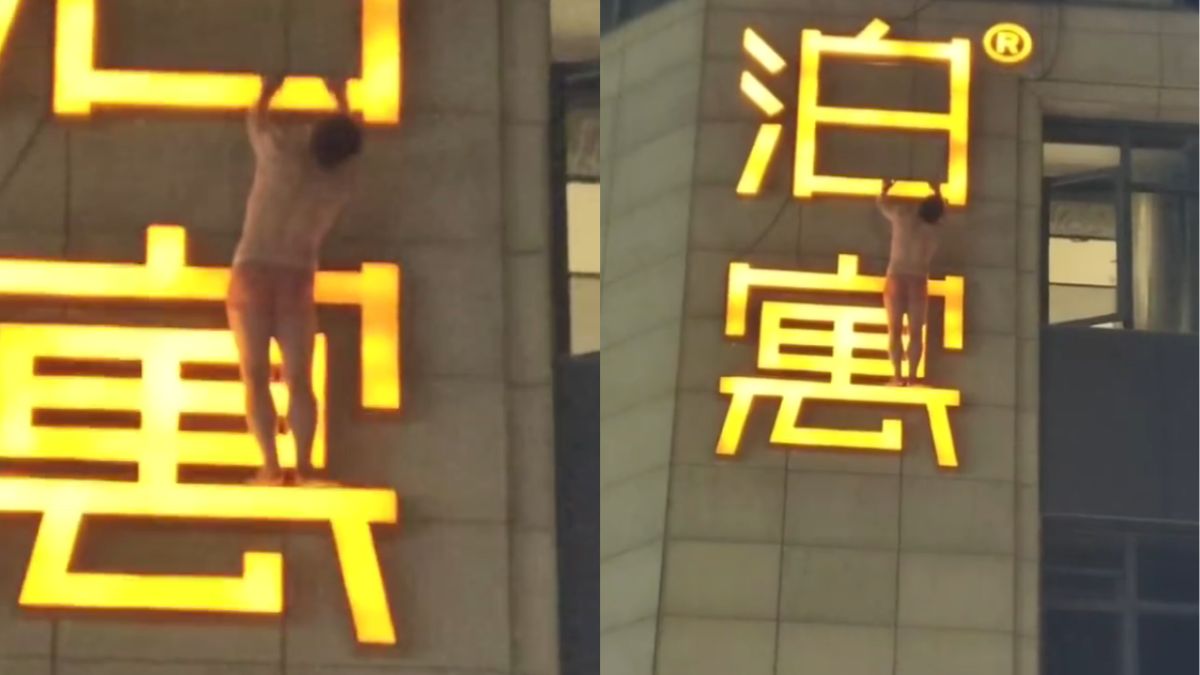China’s unemployed youth turn to ‘fake offices’ to cope with joblessness
With youth unemployment above 16%, some young Chinese are paying to work in simulated office environments, seeking routine and dignity amid a worsening job market.

- Unemployed youth in China are paying daily fees to work in “fake offices”
- Services include desks, Wi-Fi, coffee, staged photos, and mock supervision
- Youth unemployment was 16.5% in March 2025, dropping slightly to 15.8% in April
- Structural issues like graduate oversupply and economic slowdown fuel the crisis
- Users say the spaces provide dignity, routine, and stress relief — even if temporary
Every morning in cities like Beijing and Shanghai, thousands of young people dress for work. But instead of reporting to real jobs, they head to shared spaces where they pay to pretend they are employed.
As youth unemployment in China remains stubbornly high, some recent graduates are seeking refuge in these “fake offices”. For a daily fee of around RMB 30 to 50 (S$5.35 to S$9), they gain access to desks, Wi-Fi, coffee, and sometimes even lunch. Certain packages go further, offering staged photo shoots or even mock supervisors who act as “managers”.
Coping with stigma and family pressure
In China’s culture of intense work competition, being unemployed is often associated with shame. Many young people report that they use fake offices to deflect questions from their families or neighbours. Others say that adhering to a daily routine gives them psychological comfort, even if the work they do is little more than scrolling through social media.
One law firm in Beijing has even opened its spare offices to this trend. Real lawyers work alongside freelancers and “pretend employees”, some of whom spend hours gaming or browsing TikTok just to pass the time.
From co-working to therapy
Entrepreneurs have been quick to capitalise on the phenomenon. A live-streaming studio repurposed itself as a shared office to attract unemployed youth seeking structure. On the outskirts of Beijing, a farm now doubles as a “therapeutic co-working site”, where participants draft résumés under the open sky and dig up vegetables during lunch breaks.
The farm’s founder said he was inspired by a Japanese book on youth unemployment and wanted to create a place where young people “feel like they belong”, even if they are between jobs.
A sign of deeper problems
China’s National Bureau of Statistics reported youth unemployment at 16.5% in March 2025, falling slightly to 15.8% in April. Analysts attribute the crisis to an oversupply of university graduates, slowing economic growth, and structural mismatches between skills and available jobs.

While the government has rolled out initiatives to stimulate hiring and encourage entrepreneurship, critics argue these measures have yet to address the root causes.
In the meantime, the “pretend-to-work” model offers an emotional buffer for those caught in the crisis. For some, it feels like therapy; for others, it is a strategy to maintain appearances in a society where professional status is deeply tied to personal identity.
Risks of exploitation
The desperation for jobs has also created fertile ground for scams. Reports have surfaced of fraudsters charging upfront fees for bogus job placements, offering dubious “training programmes”, or luring young job seekers into exploitative contracts.
These practices add to the instability facing unemployed youth, who already struggle with economic insecurity and social pressure.
More than play-acting
Despite its strangeness, many participants say the routine of showing up at a desk helps anchor their days. Even if the work is staged, the ritual of employment gives them a sense of purpose — a reminder of what stability feels like in uncertain times.
As one user posted on social media: “It may not be a real job, but it makes me feel less like I’m falling behind.”








0 Comments